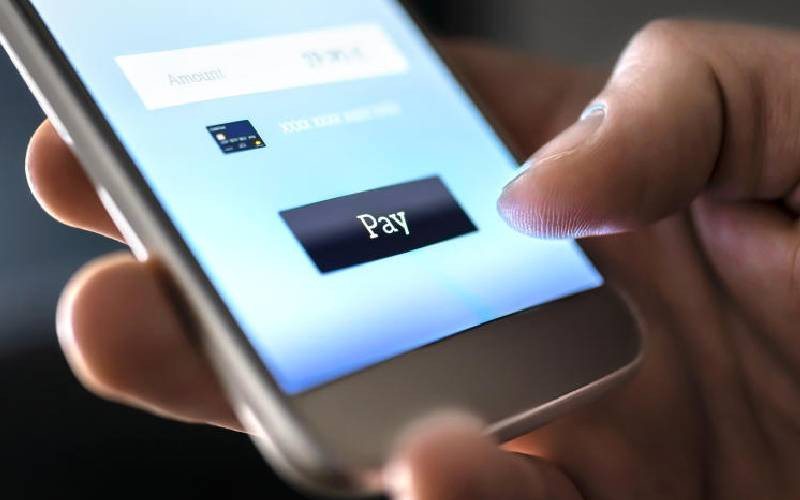×
The Standard e-Paper
Smart Minds Choose Us

Somaliland's telecommunications company Telesom has received recognition for its mobile money service ZAAD from the Global System for Mobile Communications Association (GSMA).